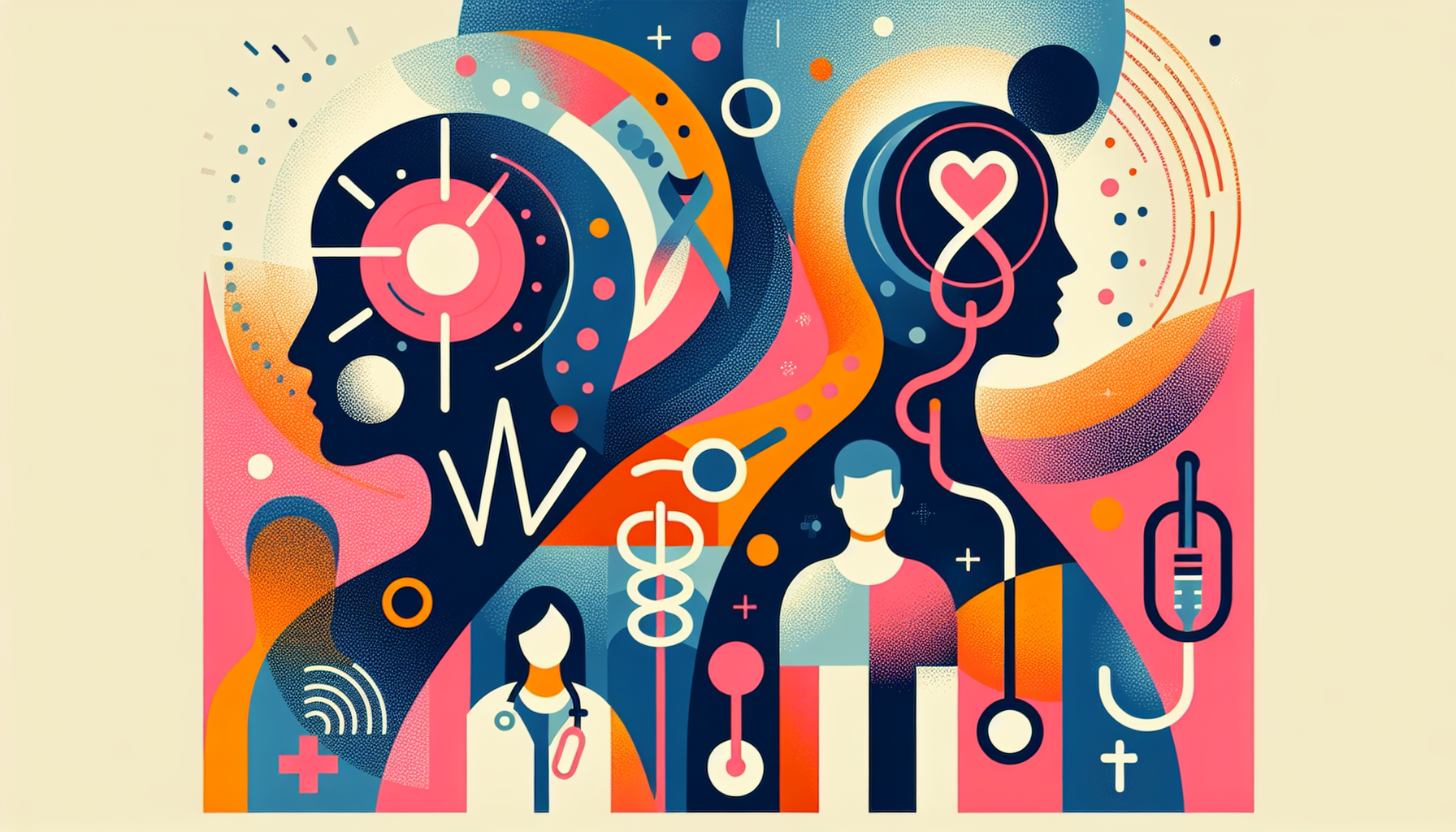Trisomy 18, also known as Edwards Syndrome, is a rare chromosomal disorder that affects a baby's development. In this condition, a person has three copies of chromosome 18 instead of the usual two. This extra genetic material can cause severe physical and mental disabilities.
Causes of Trisomy 18
Trisomy 18 occurs when an error in cell division results in an extra copy of chromosome 18. This can happen in three ways:
Full trisomy 18: The extra chromosome is present in every cell of the baby's body.
Partial trisomy 18: Only a portion of the extra chromosome is present, attached to another chromosome.
Mosaic trisomy 18: The extra chromosome is present in only some of the baby's cells.
The risk of having a child with trisomy 18 increases with the mother's age, but it can occur in women of any age.
Symptoms of Trisomy 18
Babies with trisomy 18 often have severe physical and mental disabilities. Common symptoms include:
Low birth weight and slow growth
Heart defects
Cleft palate
Clenched fists with overlapping fingers
Deformed feet (rocker-bottom feet)
Severe developmental delays and mental disabilities
Diagnosing Trisomy 18
Trisomy 18 can be diagnosed before or after birth. Prenatal screening tests, such as blood tests and ultrasounds, can indicate if a baby is at risk for the condition. To confirm the diagnosis, doctors may perform chorionic villus sampling (CVS) or amniocentesis to analyze the baby's chromosomes.
After birth, doctors may suspect trisomy 18 based on the baby's physical appearance and a blood test can confirm the diagnosis.
Treatment for Trisomy 18
There is no cure for trisomy 18, and treatment focuses on providing supportive care to improve the child's quality of life. This may include:
Surgery to correct heart defects
Medications to manage symptoms
Feeding tubes to ensure proper nutrition
Breathing support
Comfort care measures
Parents of children with trisomy 18 may benefit from support groups and organizations like the Chromosome 18 Registry & Research Society and the Trisomy 18 Foundation.
Life Expectancy for Trisomy 18
The life expectancy for babies with trisomy 18 is low. Many do not survive to birth, and of those who do, about half pass away within the first week of life. Fewer than 10% live to see their first birthday. However, with advances in medical care, some individuals with trisomy 18 have lived into their 20s and 30s.
It's important to remember that every child with trisomy 18 is unique, and their prognosis may differ. For more information on trisomy 18 and other chromosomal disorders, visit the Centers for Disease Control and Prevention (CDC) website.


